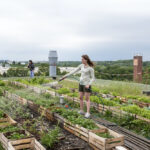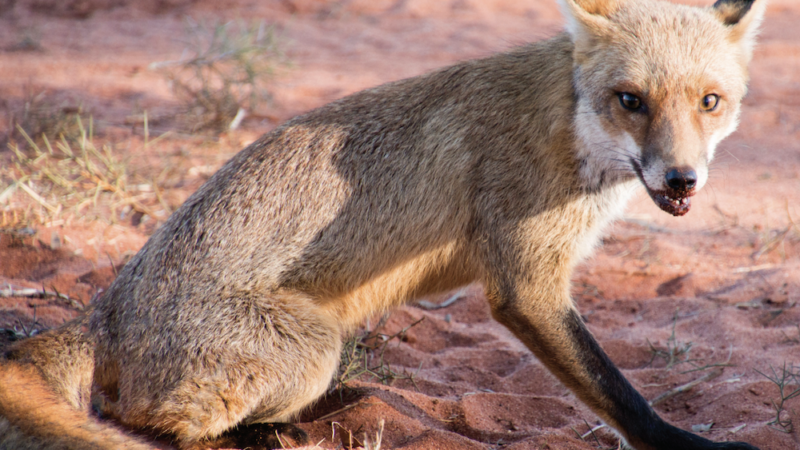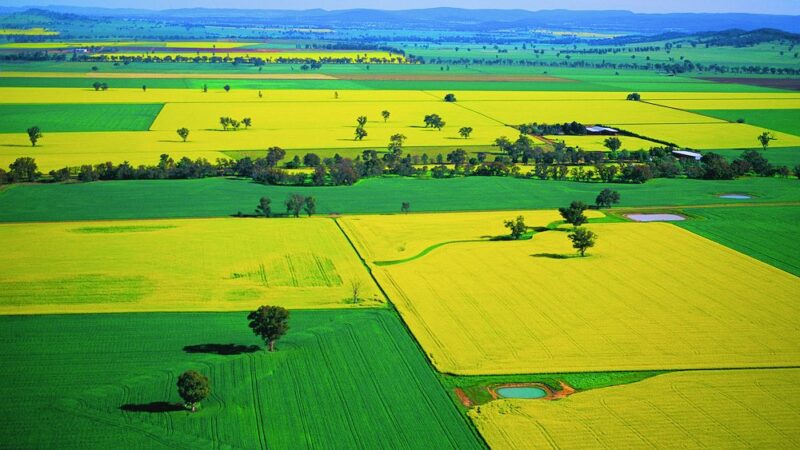NSW Farmers president James Jackson says a sensible approach is needed to manage the Vic…
Biosecurity Commissioner to be appointed in 2024
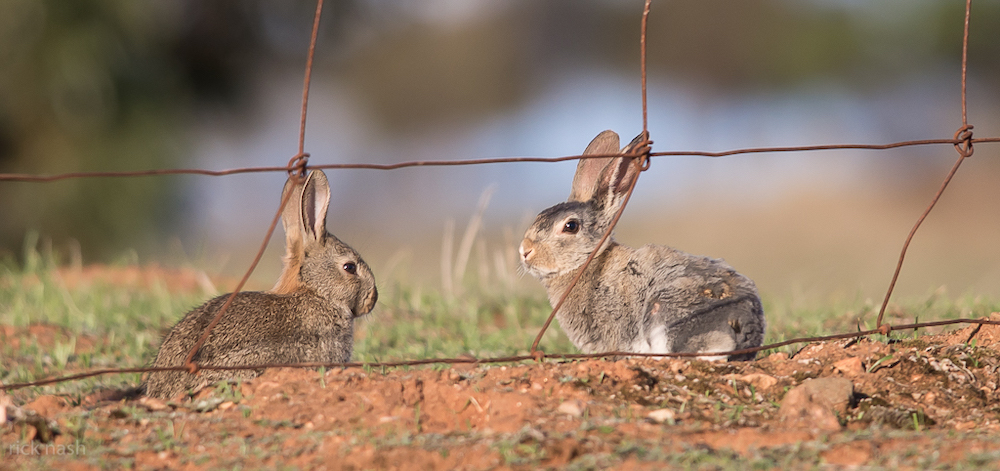
Collaboration and coordination will be crucial to the success of the new Independent Biosecurity Commissioner when they�re appointed in 2024. The NSW Government is recruiting for the position created after legislation was passed on 29 November.�
Agriculture Minister Tara Moriarty said the new role � which was a pre-election promise made by Premier Chris Minns at the NSW Farmers conference in July 2022 � recognised the importance of biosecurity to the state.
The Biosecurity Amendment (Independent Biosecurity Commissioner) Bill 2023 allows for the establishment of an Independent Biosecurity Commissioner to provide oversight of biosecurity and improve the management of invasive species.
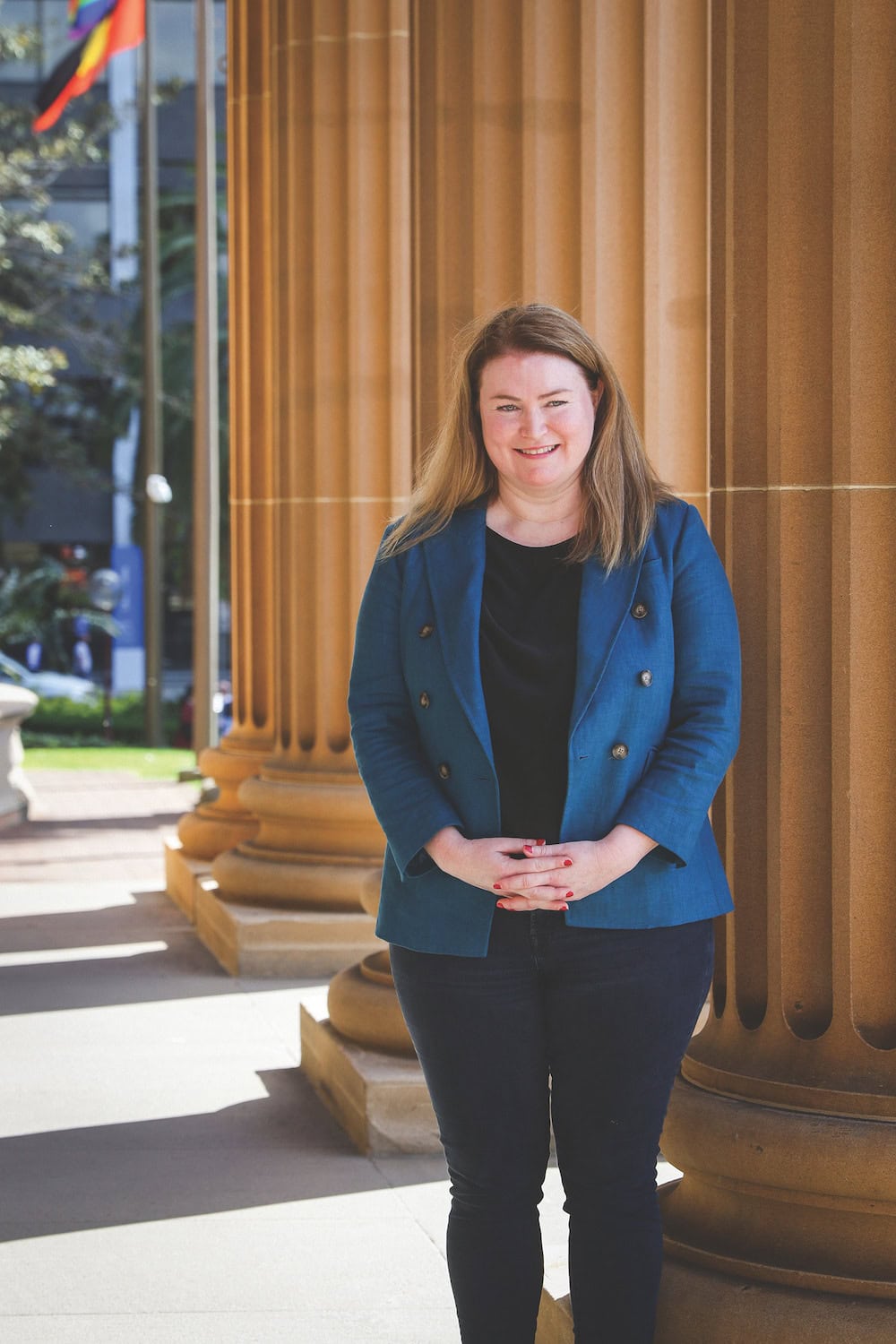
Ms Moriarty, who also holds the Regional NSW and Western NSW portfolios, says biosecurity breaches represented a significant threat to not only the agriculture sector, but the economy, environment and communities.
�We know that farmers work so incredibly hard to fight invasive pests and weeds on their land,� she says. �We need to make sure that other landholders, and that includes the government, are doing the same, so that farmers aren�t doing all this work… pests and weeds as we know don�t stop at the fence.�
A budget of $2.2 million a year has been allocated for the Commissioner�s activities which will be supported by Department of Primary Industries (DPI) staff to avoid duplicating administration.
Ms Moriarty says the Commissioner would operate independently of the DPI, advising the Agriculture Minister and submitting reports to be tabled in Parliament.
�They can operate free of any kind of influence, and we want them to do that. We want them to call out these issues and to give us advice on how to manage them. And we want them to be accessible so that farmers and other landholders can provide feedback and information and that can filter through as advice to me on how to deal with these issues.�
Tara Moriarty, Agriculture Minister
The Commissioner will be appointed for a five-year term and a review will be held every five years into their operations, objectives and functions.
Ms Moriarty says she looks forward to appointing the state�s first Independent Biosecurity Commissioner. �I know it�s something that farmers were really keen on,� she says. �They�ve engaged with us through every step of the way, and I want to make sure that we deliver for them.�
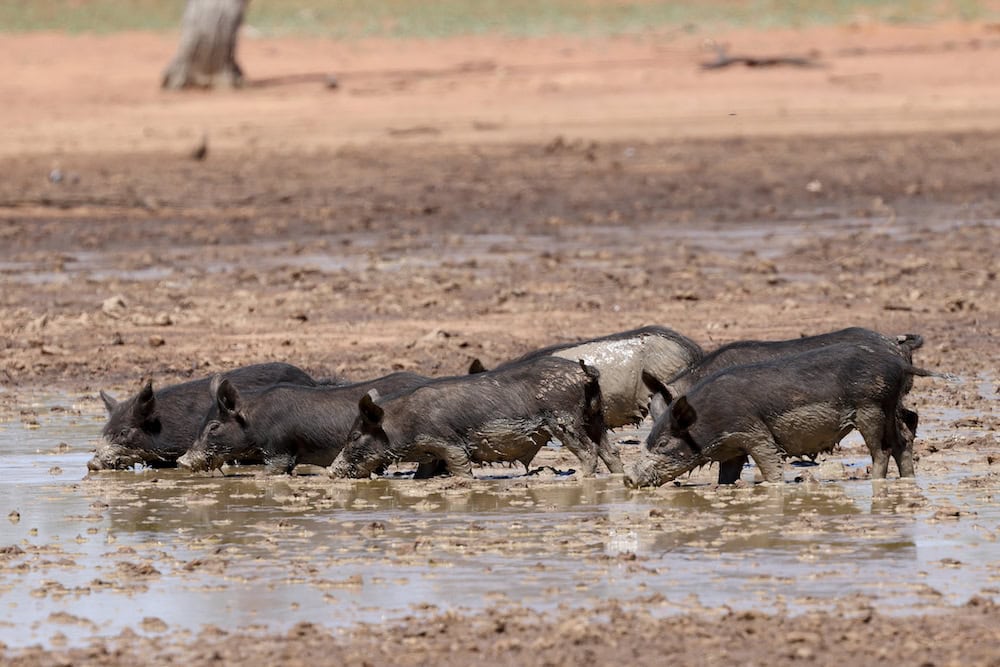
Farmers on the frontline
NSW Farmers� Conservation and Resource Management Committee member Craig Mitchell, who produces fine wool Merinos and beef at Countegany, in the eastern Monaro region, has a long list of pests and weeds that he�d like to see addressed.
Chief among them are feral pigs and deer that are spreading into new areas of the state and flourishing after numbers skyrocketed during three good breeding seasons.
Mr Mitchell says incentives for farmers to erect boundary fences that would halt the migration of feral animals in search of food and water would be helpful.
�There�s pigs all over Monaro at this stage, probably not to the densities they are out west, but they�re here and they�re a problem,� he says.
�What we�re trying to do in our little patch is to try and coordinate a control plan. We do it with the foxes � we all bait at the same time, to get a landscape type coverage with the knockdown. And that�s what we�re trying to do with feral pigs. Five years ago, they were nearly under control in the drought, but they breed so quickly, there�s a wave of them now.�
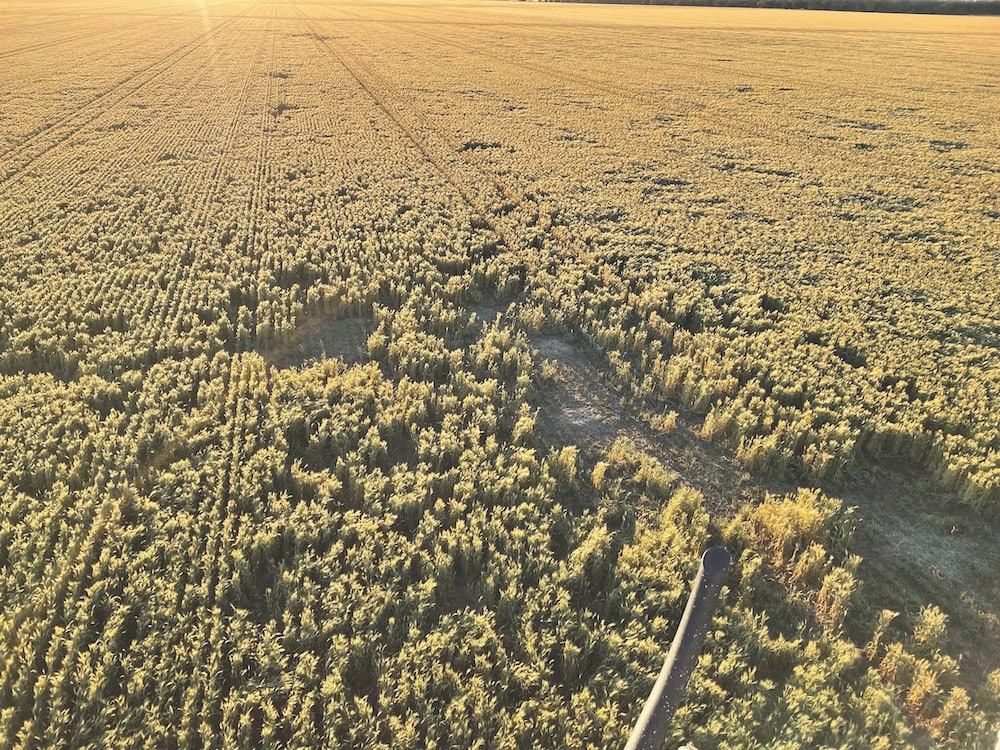
Perspective and input
The Commissioner will have the power to engage with external experts and private landholders as well as key industry and community groups to gather their perspectives and input.
They will be authorised to request documents and information from public service agencies or State-owned corporations involved with pest or weed management, and the Government and Agriculture Minister will have six months to respond to any recommendations.
The Commissioner also will be required to appear as requested before NSW parliamentary committees � such as budget estimates � independent of the DPI.
During the second reading speech, Ms Moriarty told the Legislative Council that invasive species had profound impacts on the economy, environment and community.
�Each year weeds cost our agriculture sector around $1.8 billion, and pest animals cost over $170 million,� she says. �In addition, there are cultural and public amenity impacts that are difficult to quantify, but are no doubt substantial. There are also significant impacts on our biodiversity and threatened species.
�Collectively, weeds and pest animals have been identified as a threat to approximately 70 per cent of New South Wales� listed threatened species. It is estimated that over 1650 introduced plant species have become established in New South Wales, with at least 300 of these causing significant environmental impacts and damage.�
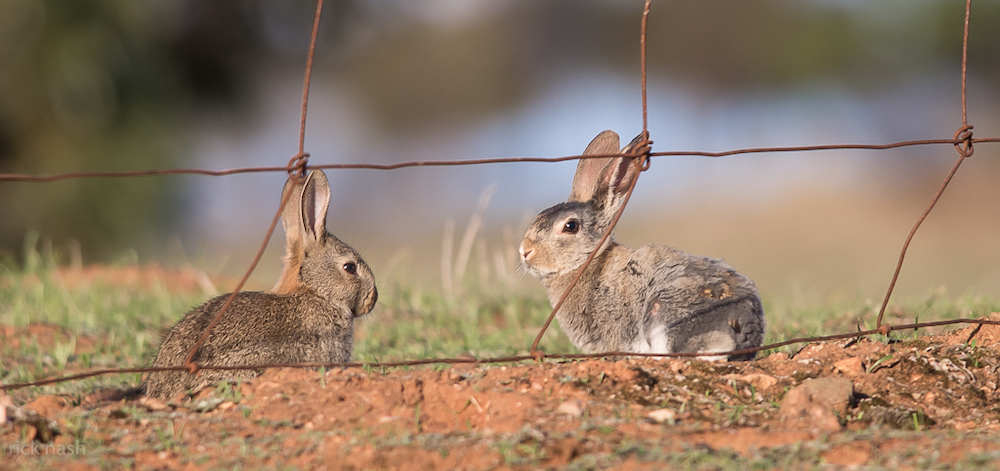
The government has committed $13 million to a feral pig control program � appointing Bec Gray as the state�s first feral pig co-ordinator in October � and $10 million to the Good Neighbour Program to be launched �in the coming months�.
Ms Moriarty said she would refer four proposals � identified as high priority by Interim Biosecurity Commissioner Dr Marion Healy � to the Commissioner on their appointment, asking them to:
� Review any perception of an inconsistent enforcement approach
� Improve communications to occupiers of land about their biosecurity obligations
� Explore involvement of Aboriginal communities in biosecurity pest and weed management
� Review the governance arrangements and structure of the state and regional committee system responsible for pest and weed management.
NSW Farmers� President Xavier Martin welcomed the bill�s passing and urged the new Commissioner to put a review of the Murwillumbah outbreak of Red Imported Fire Ants at the top of their agenda.
NSW Farmers� Conservation and Resource Management Committee member Mr Mitchell, who is also a member of the State Weeds Committee, says he would like to see greater coordination of pest and weed control at a larger scale and across state borders where necessary to ensure all landowners were actively involved, not just those experiencing a problem.
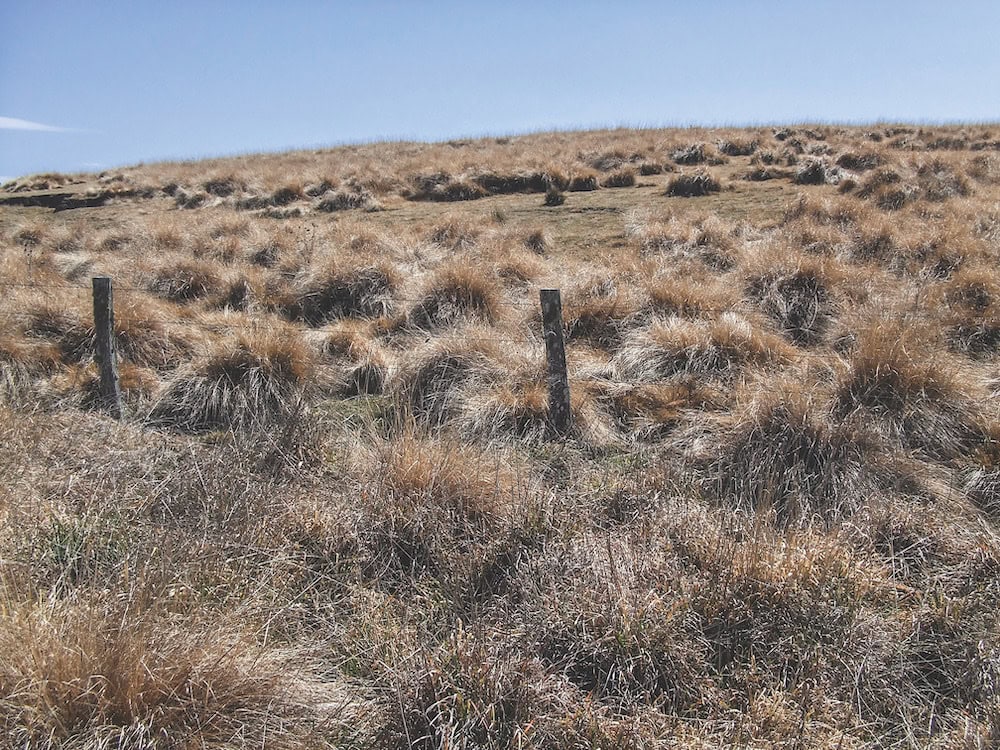
�My neighbours and I are in an African lovegrass-free area,� he says. �There are people to the west of us that are fighting the good fight, keeping back the lovegrass, but I�m not doing anything to help them, and their neighbours further west are losing the battle.
�Weeds are a bit like a slow-moving bushfire, slowly creeping across the landscape. If weeds were a bushfire, we�d all be out there helping each other put it out, but this is a weed invasion, and we�re not. We just wait at the fence. We need to think about it differently, and coordinate people�s approach.�
Craig Mitchell, NSW Farmers� Conservation and Resource Management Committee member
Mr Mitchell was pleased to see the legislation had received bipartisan support, and the Commissioner�s term of five years would take it outside the election cycle.
�They definitely need to be impartial, so that�s a great thing to do,� he says.
Note: Dr Healy, who was engaged in June to advise Ms Moriarty on the appointment of an Independent Biosecurity Commissioner � their role, functions and powers � was not available for an interview.
If you enjoyed this piece on the new Biosecurity Commissioner, make sure you check out our coverage of the Red Fire Ant infestation of NSW.




